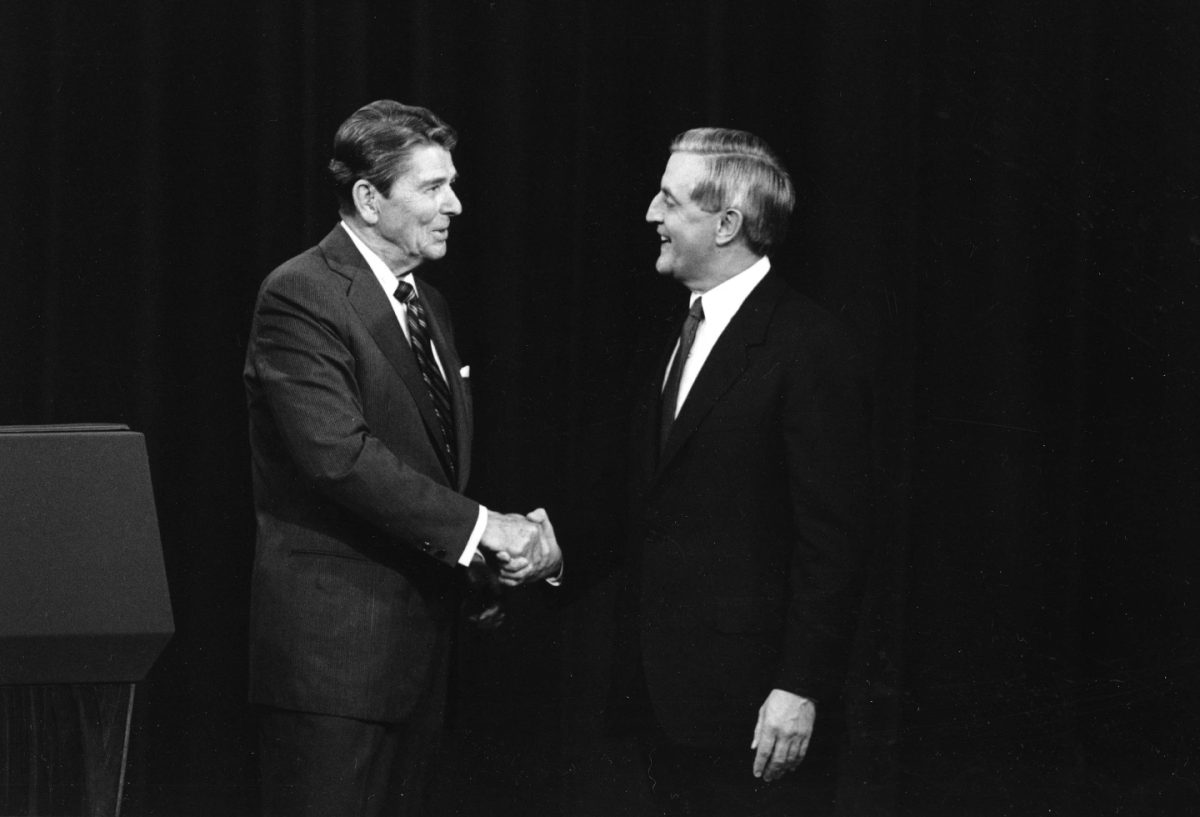Our time here at Wake Forest comes with an incredible privilege. A university is one of the only discourse communities in the world where you have the most comprehensive right granted to you by the First Amendment — you have the nearly-absolute right to freedom of speech and expression.
Not only are you encouraged to speak up, but if you chose to raise your voice, chances are there are others just as passionate as you are, willing to stand behind you. The academic setting is the perfect forum for active critiques of opposing sets of values. It is a safe space to stand up for what you believe in, and if you believe that door is not open to you, all you have to do is make a little noise and someone will show you the way.
On college campuses, young people are encouraged to engage in open and challenging discourse on subjects that create large amounts of tension in the public sphere. Often, that tension comes with negative punishments when coupled with struggling power dynamics. In the real world, you can be met with public stigma, monetary losses or alienation. But here, we are tasked with pursuing dialogue as the source of academic inquiry and maintaining a balance of civility and respect for the dissenting party’s right to disagree and be just as vocal as we are about their disagreement. Students from both sides of the political spectrum do an incredible job of speaking against that which outrages them. But the most marked and conspicuous telltales of public opinion are when students and citizens express their beliefs through their actions. As important as it is to be able to say what you care about, there is a special kind of liberty in being able to freely show and act on it.
On Oct. 19, Wake Forest students came together in their own show of unity on the lower Quad to demonstrate their protestations against the appointment of now-Justice Brett Kavanaugh to the U.S. Supreme Court and the issue of violence against women. How can it be? How can a man with such a tainted and contradictory reputation be appointed to the highest court in the land; the pinnacle of what it means to be an arbiter of justice and morality? These are the questions the attendants of the walkout found themselves asking. These were the sentiments of their doubt and distrust in what they believe is a failing system.
But we can’t just look at what they are explicitly saying and asking. After all, wouldn’t it be seemingly pointless to organize a movement just to ask questions where the answer to them has so often been, “If you want the ability to influence to the courts, you have to first gain the legislative power to do so?”
I say no, it’s not pointless to ask the important and hard questions over and over again. When you pair these questions with actions as large as forming a united front, it’s never just about what you are asking. The conversation doesn’t just end where it began, with the Kavanaugh appointment and what he accusedly did. It doesn’t even end with how we, as a nation, view violence against women. Where the conversation ends is with what we are willing to tolerate and accept in our nation and the sacrifices that we are willing to make in the pursuit of fulfilling a long-term goal. The conversation is much larger than what is happening right now and it applies to more than just the Kavanaugh appointment. With the teleological view of our own ethics and morality as a nation, we are driven by how we can acquire the power to achieve specific outcomes because we believe it is the end goal which will be the justification of our morality. We begin to make sacrifices to gain power instead of considering how our current power defines what our duties are.
I don’t think we will ever know what really happened between Dr. Christine Blasey Ford and Kavanaugh. But we need to make sure that our desire for dialogue doesn’t stay within the cave of the things that currently enrage us. We can’t just speak out and show up when the things that offend our values are right in front of our faces. Don’t stop the conversation at the surface of the case you feel needs to be heard. If you feel empowered enough to use actions as a means of getting your words heard, make sure you understand the true size of the argument you want to present and what it roots itself in. The picture is always much bigger than the latest atrocity. When you come to realize this, you will no longer find yourself sporadically motivated to act because of the latest headlines but you will find that you are already asking the right questions and engaging in the right actions to effect change.













